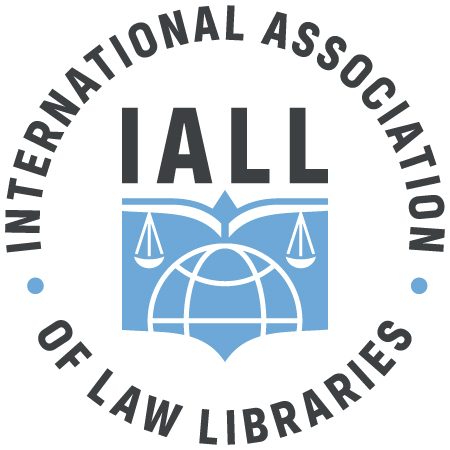The 25th Annual Willem C. Vis International Commercial Arbitration Moot has opened registration for teams and will be distributing the problem on 6 October 2017. There are a number of ways for law librarians to get involved in this event such as providing research instruction and arbitrating.
Research Instruction:
A targeted research session is an easy way to become involved. You can wait until the students have the problem in October, or you can do it earlier, because the sources the teams will need to consult tend to remain constant.
There are two components to the problem: a substantive dispute regarding an international contract, and a procedural issue regarding rules of commercial arbitration. Many teams will have access to subscription databases and treatises that will be helpful for their research, but for the purposes of this blog, I would like to highlight resources that are available to everyone.
Part of the purpose of the Vis Moot is to promote understanding and the harmonization of the United Nations Convention on Contracts for the International Sale of Goods (“CISG”). To understand how courts have applied the CISG, I would direct you to the Digest of Case Law on the CISG (available in six languages and last updated in 2016), CLOUT (Case Law on UNCITRAL Texts) and the CISG Database that PACE-IICL maintain.
In addition to the substantive law, the problem will contain a procedural element. This requires understanding the Model Law on Commercial Arbitration and applying an arbitral association’s rules. This year, those rules will be the UNCITRAL Arbitration Rules. As with the CISG, there is also a digest for the Model Law on International Commercial Arbitration. The Digest for the Model Law was last updated in 2012, but it is available in six languages.
Finally, students will need to consider the Convention on the Recognition and Enforcement of Foreign Arbitral Awards (the “New York Convention”). Cases can be found on CLOUT as well as a recently created database called the New York Convention Guide <newyorkconvention1958.org>, developed by Shearman & Sterling and Columbia Law School, in cooperation with UNCITRAL. The New York Convention Guide has hundreds of full-text secondary sources in addition to the excellent case law search function.
Arbitrating:
On November 1, arbitrator registration will also open. This is an interesting way to participate, and can be done locally, formally in Vienna or Hong Kong, or at a number of pre-moots.
Locally, you can volunteer to evaluate the written submissions (teams will need to submit both Claimant and Respondent Memoranda). An arbitrator will typically receive four memoranda and evaluate it against criteria that the organizers provide. After providing feedback, you rank the memoranda and submit the information electronically. The dates coincide with the deadlines for the teams, so if you were interested in getting involved, the activity will likely take place mid-January and mid-February. Given that there were upwards of 350 teams participating in the moot in Vienna alone in 2017, you can imagine the number of memoranda that need to be evaluated.
In addition to arbitrating during the formal moot, you can volunteer to be an arbitrator at one of the dozens (if not hundreds) of pre-moots around the world (this page will be frequently updated over the next six months). This has become part of the experience for many teams, as it gives them an opportunity to practice before arbitrators. It is also an easy way to get involved and see whether you would like to volunteer to serve in Vienna or Hong Kong.
This Blog contains entries by members of the International Association of Law Libraries on issues germane to the Association’s areas of focus. Views expressed in an individual entry only represent the views of the author.
